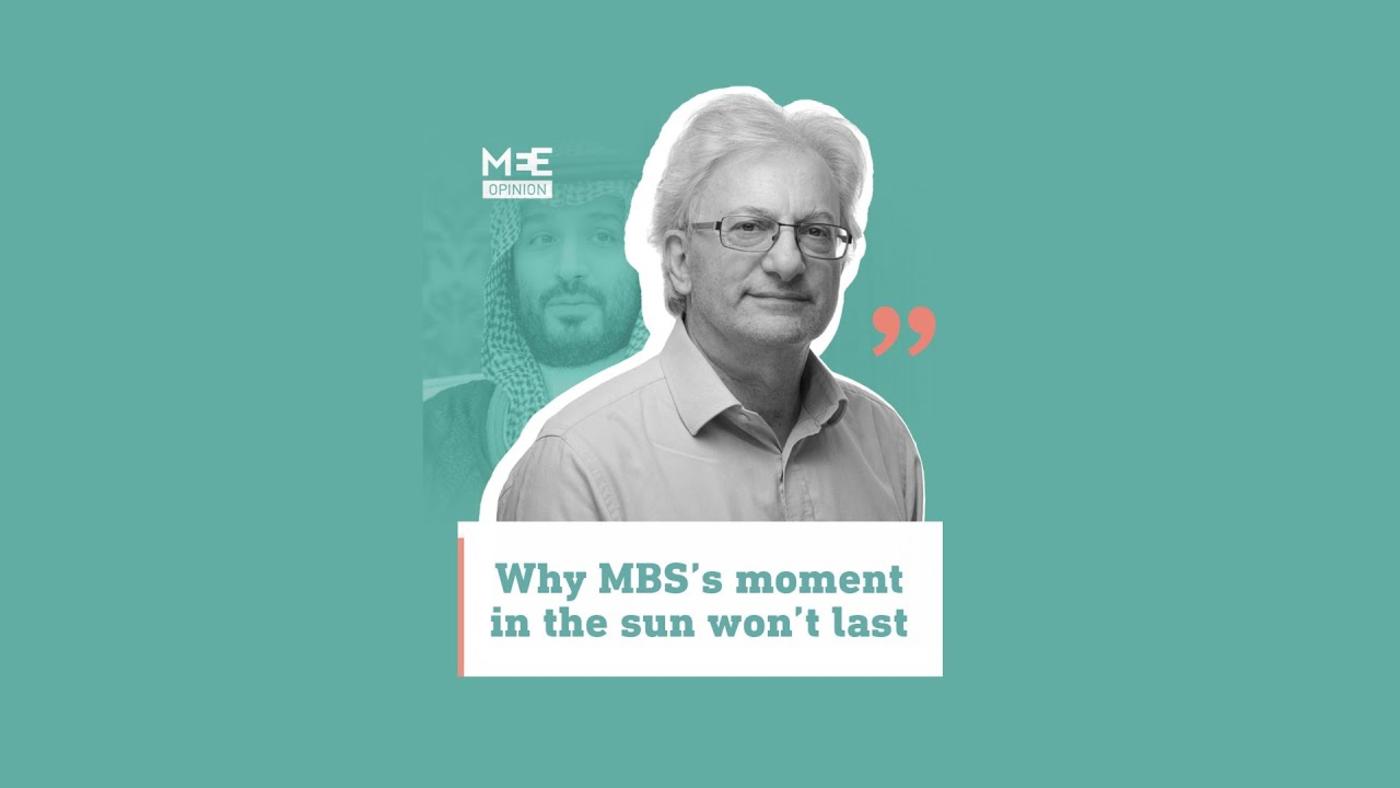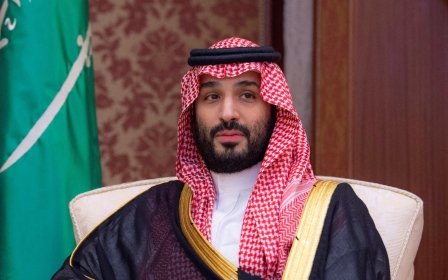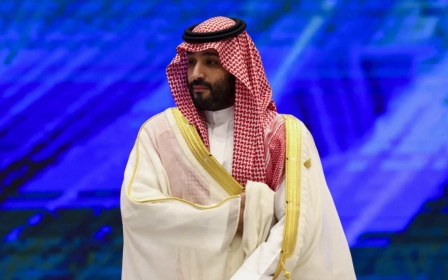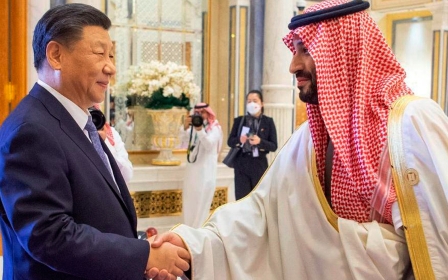Op-Ed video: The West is rushing to rehabilitate Mohammed bin Salman
Western leaders are rushing to re-embrace Saudi Arabia's powerful Crown Prince Mohammed bin Salman, nearly five years after the heinous killing of Jamal Khashoggi, argues David Hearst, the co-founder and editor-in-chief of Middle East Eye.
Once labelled a pariah, the prince, known widely by his initials MBS, has seen a massive turnaround in his fortunes in recent years.
Spurred by geopolitical realities, the prince's position strengthened last year when western economies turned to Riyadh to help tame an oil market destabilised by the war in Ukraine.
The conflict created an opportunity for the crown prince to launch a diplomatic offensive that included high-profile summit appearances.
That effort was possible after Washington declared MBS immune from prosecution for the killing of Khashoggi, despite the crown prince being directly implicated in it by US intelligence.
New MEE newsletter: Jerusalem Dispatch
Sign up to get the latest insights and analysis on Israel-Palestine, alongside Turkey Unpacked and other MEE newsletters
"Mohammed bin Salman (MBS), the pariah prince who sent 50-man hit squads to kill dissidents in Istanbul and Toronto, has become the acceptable face of his kingdom," Hearst said.
"He's shaking hands with [French President Emmanuel] Macron, doing deals with Iran, contemplating a [normalisation] deal with Israel. The great and the good are once again beating a path to his door and the price of an audience is getting higher by the week."
Middle East Eye delivers independent and unrivalled coverage and analysis of the Middle East, North Africa and beyond. To learn more about republishing this content and the associated fees, please fill out this form. More about MEE can be found here.






